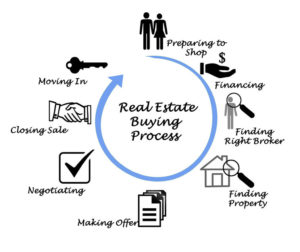What We Need From A Home During COVID-19 Pandemic

- Metals such as copper, brasses, and bronzes are natural antimicrobial materials that have intrinsic properties to destroy a wide range of microorganisms. Not only are these metals hygienic, but they are great accents to warm up your home.
- Quartz is one of the hardest non-precious stones on earth, therefore countertops made from quartz are hard, stain and scratch-resistant, and the most sanitary. Quartz is already popular, and that will only increase post COVID-19.
- Woods like bamboo, oak and cork stop bacteria and microorganisms from growing. We love the look of warm lighter oak woods for flooring, and think this will continue to be a big trend in home design.


















 Kim N. Bregman
Kim N. Bregman